Dashu is the twelfth solar term among the twenty-four solar terms and also the last solar term of summer. Douzhiwei, with a solar longitude of 120 °, is celebrated from July 22nd to 24th in the Gregorian calendar.
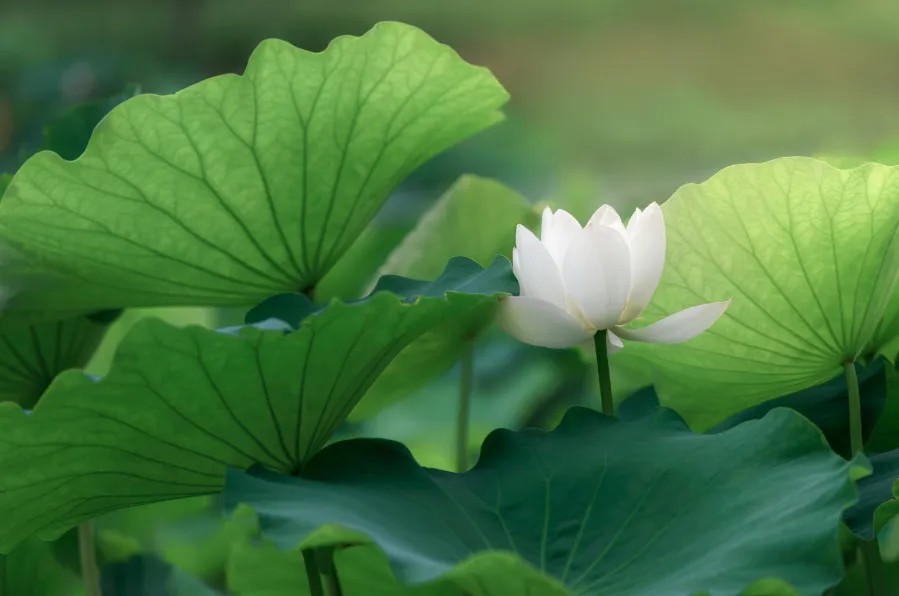
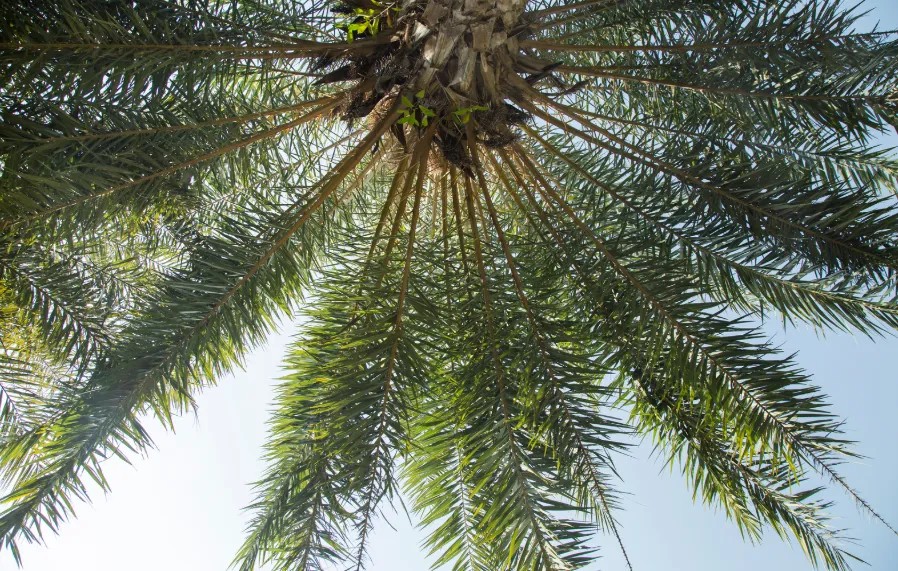
Shu "means hot, and Da Shu refers to the extreme heat of inflammation. The Great Heat is relatively hotter than the Minor Heat, and it is the solar term with the strongest and hottest sunshine of the year, with the peak of "hot and humid steaming" at this time. The climate characteristics of Dashu include high temperatures, intense heat, frequent thunderstorms, and typhoons.
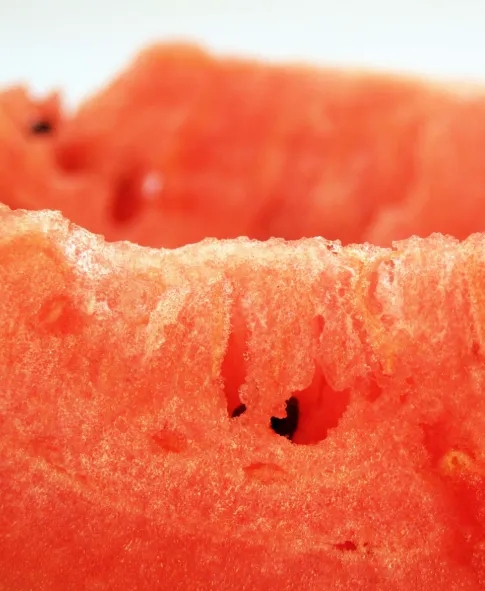
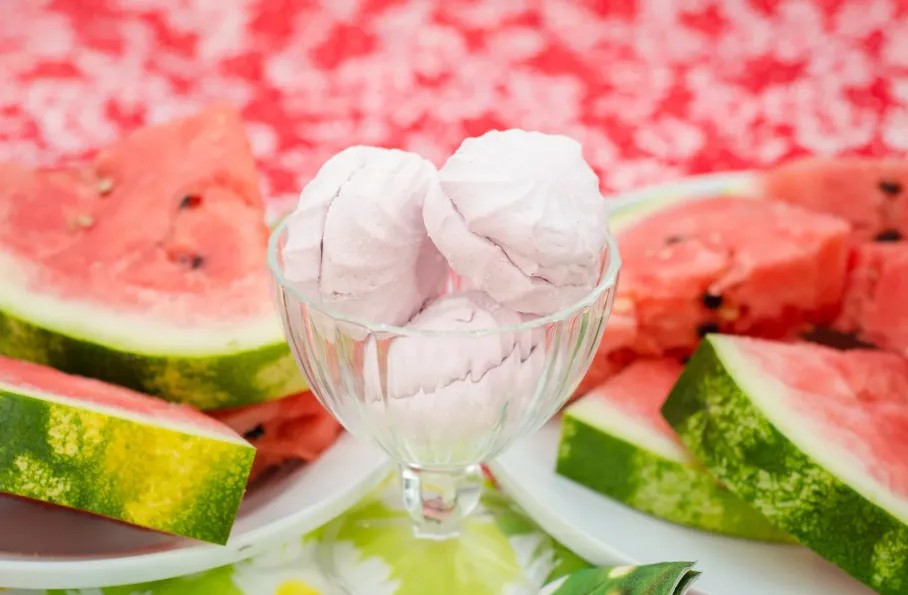
The Dashu solar term falls around the middle of the "Sanfu" period, which is the hottest time of the year. During the Great Heat season, the sunshine is intense, the temperature is high, the humidity is heavy, and there is a lot of rain. Although there may be difficulties in enduring the heat and humidity, it is very beneficial for the growth of crops. During this period, crops grow the fastest

Since ancient times, there has been a custom among the people to drink herbal tea (Fucha) during the three days of the Great Heat; Fucha, as the name suggests, is a type of tea consumed during the Sanfu period. This tea, brewed with traditional Chinese herbs, has a cooling and heat relieving effect. In addition, there are customs such as burning incense and sun drying ginger. Dashu "is the hottest and most humid season of the year, during which the focus of health and wellness is on" preventing heatstroke "and" dispelling dampness ".
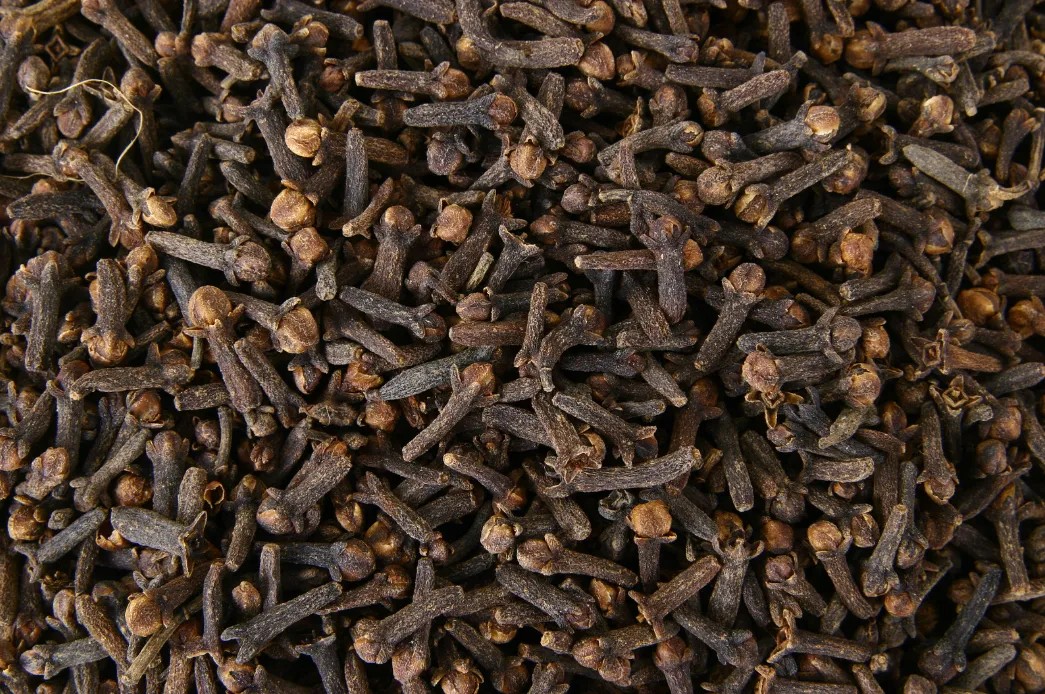
Lilacs, this evergreen tree, grow like pillars and can reach up to 9 meters in length. When they grow alone in open spaces, they thrive better than under the shade of trees. Its nail shaped flower buds are reddish brown, and its small leaves are gray. Originating from the Moluccas and Indonesia, China, Greece, and Rome highly value its medical value, except for its spice use. In the past, exporting to Europe had to pass through the distant Silk Road or the treacherous sea route, which made lilacs highly valued in medieval Europe due to the difficult transportation routes. In 1363 AD, there was a record of 750 grams of cloves in the heritage list of the Queen of Norway and Sweden. Europe embarked on a journey in the fifteenth century due to the temptation of cloves, and the pursuit of spices changed the world for the next five hundred years.
Skin care efficacy:
The eugenol and other ingredients in clove essential oil can effectively inhibit the growth of a variety of bacteria and fungi, and can be used to prevent and treat skin inflammation, such as acne, acne, etc., to help eliminate skin irritation, swelling, pain, and other uncomfortable symptoms.
1. Promote wound healing:
It can promote blood circulation and bring more benefits to the wound site; Abundant nutrients and immune cells accelerate the regeneration and repair of skin cells, significantly promoting the healing of wounds such as skin ulcers, burns, scalds, and cuts, and reducing scar formation.
2. Improve skin texture:
Helps to remove aging keratin on the surface of the skin, promote skin metabolism, make the skin smoother and more delicate, improve rough skin conditions, and also has a certain therapeutic effect on skin diseases such as scabies.
Health and wellness benefits
1. Oral care:
Clove essential oil is a common ingredient in dental oral treatment. Diluted and used for gargling, it can effectively eliminate oral odor, keep breath fresh, prevent dental caries, gingivitis, oral ulcers and other oral diseases, and also have a good effect on relieving toothache, numbing the dental nerves and relieving pain.
2. Digestive system regulation:
It has the effects of strengthening the stomach, reducing bloating, and promoting exhaust. It can alleviate discomfort such as nausea and vomiting caused by stomach fermentation, relieve symptoms such as indigestion, gastrointestinal spasms, vomiting, and diarrhea. At the same time, it can also help expel intestinal parasites and improve intestinal function.
Antibacterial and antiviral:
Clove essential oil has broad-spectrum antibacterial effect, and has inhibitory effect on many pathogenic bacteria such as Staphylococcus aureus, Escherichia coli, Candida albicans, and influenza virus. It has certain value in the prevention and treatment of infectious diseases.
Antioxidant:
It is one of the highest antioxidant properties among all essential oils, and its antioxidant capacity may also rank among the top in all foods and nutritional supplements. It helps to eliminate free radicals in the body, slow down cell aging, and prevent various chronic diseases.

Litseacubeba (Lour.) Pers., also known as mountain chicken pepper, mountain grass tree, mountain grass, wood ginger, etc., is a deciduous small tree or shrub like plant in the genus of wood ginger in the family Lauraceae. Shancangzi tree is up to 10 meters tall, with fragrant branches and leaves, and hairless small branches; Leaves alternate, lanceolate or oblong; The petiole is 0.6-2 cm long, light red in color, and hairless; Umbelliferae inflorescence solitary or clustered, with 4-6 flowers in male inflorescence, and a wide ovate corolla; Fruit nearly spherical; The flowering period is from February to March, and the fruiting period is from July to August.